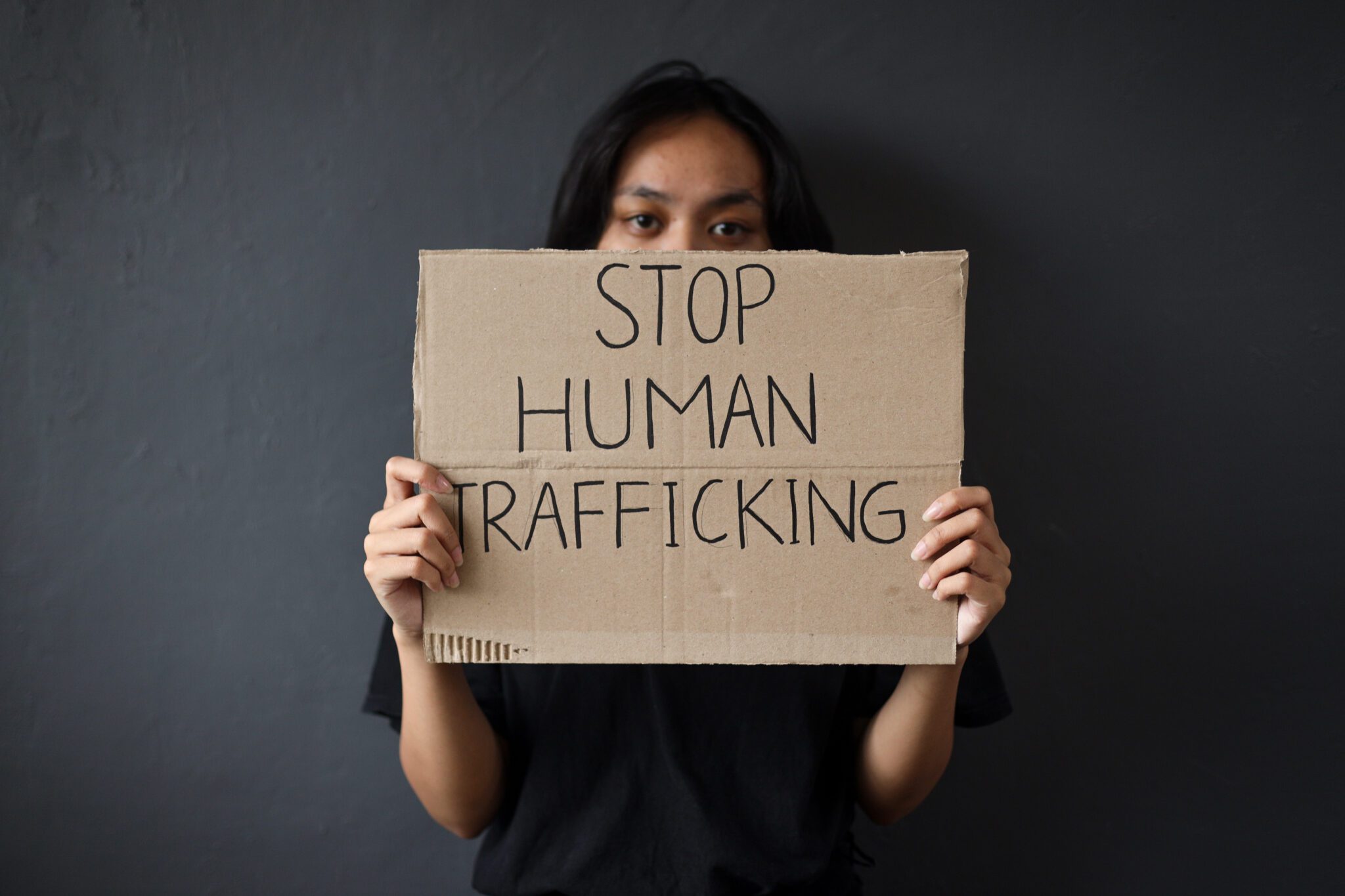The City of Seattle joins the nation in recognizing January as Human Trafficking Prevention Month. Established in 2010, this observance affirms our ongoing commitment to protecting the freedom and equality of all individuals and strengthens our efforts to root out human trafficking in all its forms.
Human Trafficking is defined as:
- Using force, fraud, or coercion to compel someone to perform labor (such as factory work, in restaurants, hotels, construction, and as domestic servants) or engage in a commercial sex act, or
- The commercial sexual exploitation of a minor.
According to the Washington State Office of the Attorney General, human trafficking is the fastest-growing criminal industry in the world today, tied with arms as the second-largest international criminal industry. As a grave human rights abuse, it breaks down families and communities, fuels organized crime, undermines public health, and creates opportunities for extortion and subversion. It affects individuals of every age, ethnicity, gender, and socio-economic background and disproportionately affects Black, Indigenous and migrant populations.
Connecting the dots between human trafficking, online harassment and abuse, and other forms of violence can disrupt various forms of exploitation. Understanding factors like economic challenges, the need for connection, technology use, and market dynamics can help prevent many common methods used in human trafficking recruitment. Building healthy relationships and strengthening community and industry resilience can protect against vulnerabilities leading to human trafficking.
Understanding the Global and Local Impacts
The Mayor’s Office on Domestic Violence and Sexual Assault, within the Human Services Department, steers the City’s efforts to address human trafficking. The Office has previously recognized the local trailblazers who lifted this issue to national awareness.
When then Representative Velma Veloria sponsored historic House Bill (HB) 1175 over 20 years ago, Washington set the stage for the local and national anti-trafficking movement by becoming the first State in the nation to criminalize human trafficking. Since then, 50 States have replicated and instituted similar bills, launching a national movement.
- Affected Population: 27.6 million people globally, with thousands impacted annually in Seattle.
- High-Risk Areas: Aurora Avenue North, a national hotspot for trafficking incidents.
- Youth at Risk: The average age of entry into commercial sexual exploitation in Seattle & King County was found to be 14.4 years of age.
Seattle’s Proactive Measures: Addressing Demand and Empowering Survivors
Through collaborations across sectors, the City’s strategies involve those with firsthand experience of human trafficking to ensure our programs and resources meet the needs of affected individuals.
- Empowering Survivors: Initiatives such as CEASE (Coordinated Effort Against Sexual Exploitation) are pivotal in strengthening our efforts to fill service gaps, improve collaboration, and ensure a response that prioritizes the well-being of survivors.
- Educational Programs: Our comprehensive approach also targets the demand side of commercial sexual exploitation. Programs like the Sex Buyers Intervention Program educate individuals on the broader societal impacts of sex buying, promoting accountability and behavior change.
- Cross-Jurisdictional Collaboration: The Washington Advisory Committee on Trafficking (WashACT), established in 2005 by the US Attorney’s Office for the Western District of Washington, is a multi-disciplinary taskforce co-chaired by Lt. Jim Fitzgerald, of the Seattle Police Department’s Vice High Risk Victims Unit. This taskforce is pivotal to providing comprehensive survivor-centered support and identifying and prosecuting traffickers.
- Community-Based Services: Beyond enforcement and prevention, the HSD makes significant investments in community-based services that provide shelter, housing, mobile advocacy, therapeutic support, civil legal aid, and harm-reduction services. These services are designed to be accessible, survivor-centered, and trauma-informed to meet survivors’ immediate and long-term needs. We also partner with coalitions like the Washington Anti-Trafficking Response Network (WARN).
Learn More
View HSD’s presentation to the City Council Housing and Human Services Committee on Wednesday, January 8 to learn more about our ongoing efforts.
As we mark Human Trafficking Prevention Month, let us reaffirm our commitment to building a thriving, innovative, and inclusive city—where every individual can lead a life of dignity and safety.

